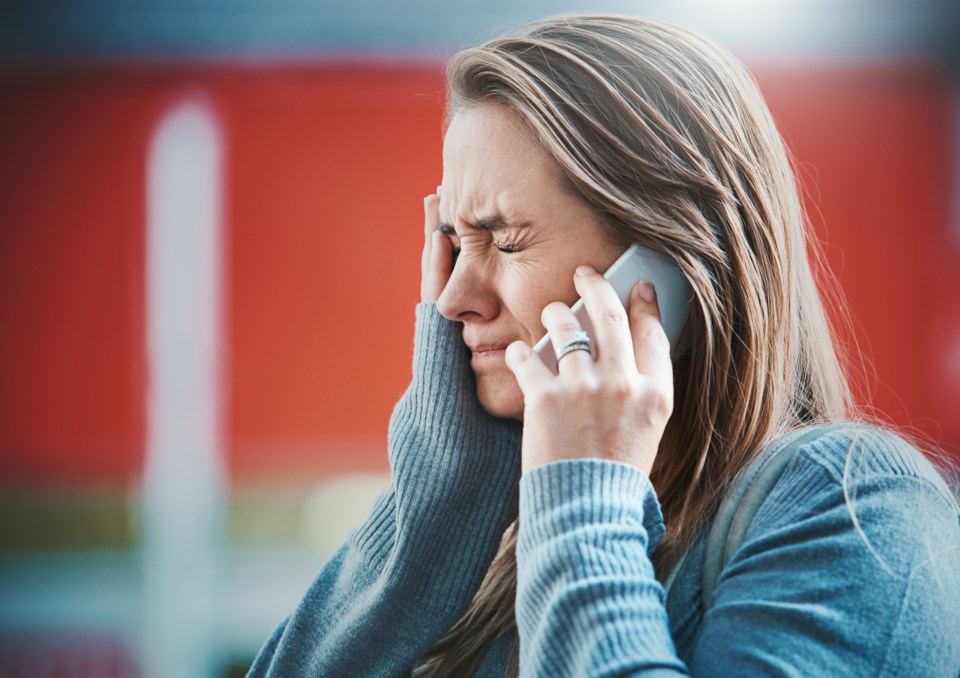Some 99.5% of B.C. crisis calls are safely de-escalated by volunteers resulting in huge taxpayer savings, according to the B.C. division of the Canadian Mental Health Association (CMHA).
The events of the past year — extreme heat, wildfires, floods and the ongoing pandemic — have had profound impacts on our physical and mental health, the CMHA said in a statement Monday. Those feelings for many are compounded by year-end festivities and celebrations.
“Behind every British Columbian is a network of agencies that together provide 24-hours-a-day, seven-days-a-week support for wherever you find yourself. We call it a continuum of care and support you in areas such as crisis intervention, suicide prevention, and long-term mental health support,” the association’s Jonny Morris, and Stacy Ashton with the Crisis Intervention and Suicide Prevention of BC, said in a news release.
B.C. crisis lines have 720 volunteers and 110 staff members, all there to help when people need to reach out. When people call a crisis line, no matter where they are in B.C., they’re connected with a specially trained crisis responder ready to listen, the pair noted.
Ashton and Morris said volunteers and staff provided over 2.5 million minutes of support to British Columbians, including 8,283 opioid or addictions-related interactions, and 30,771 calls where suicide was the primary or contributing factor.
Through de-escalation work, the crisis lines saved B.C. taxpayers $10.4 million in hospital and urgent mental health response and $47.9 million in police attendance last year, they said.
If you are considering suicide, or know someone who is, call 1-800-SUICIDE provincewide, 24 hours a day, or 310-6789. Or, the association website can be reached at www.cmha.bc.ca.



